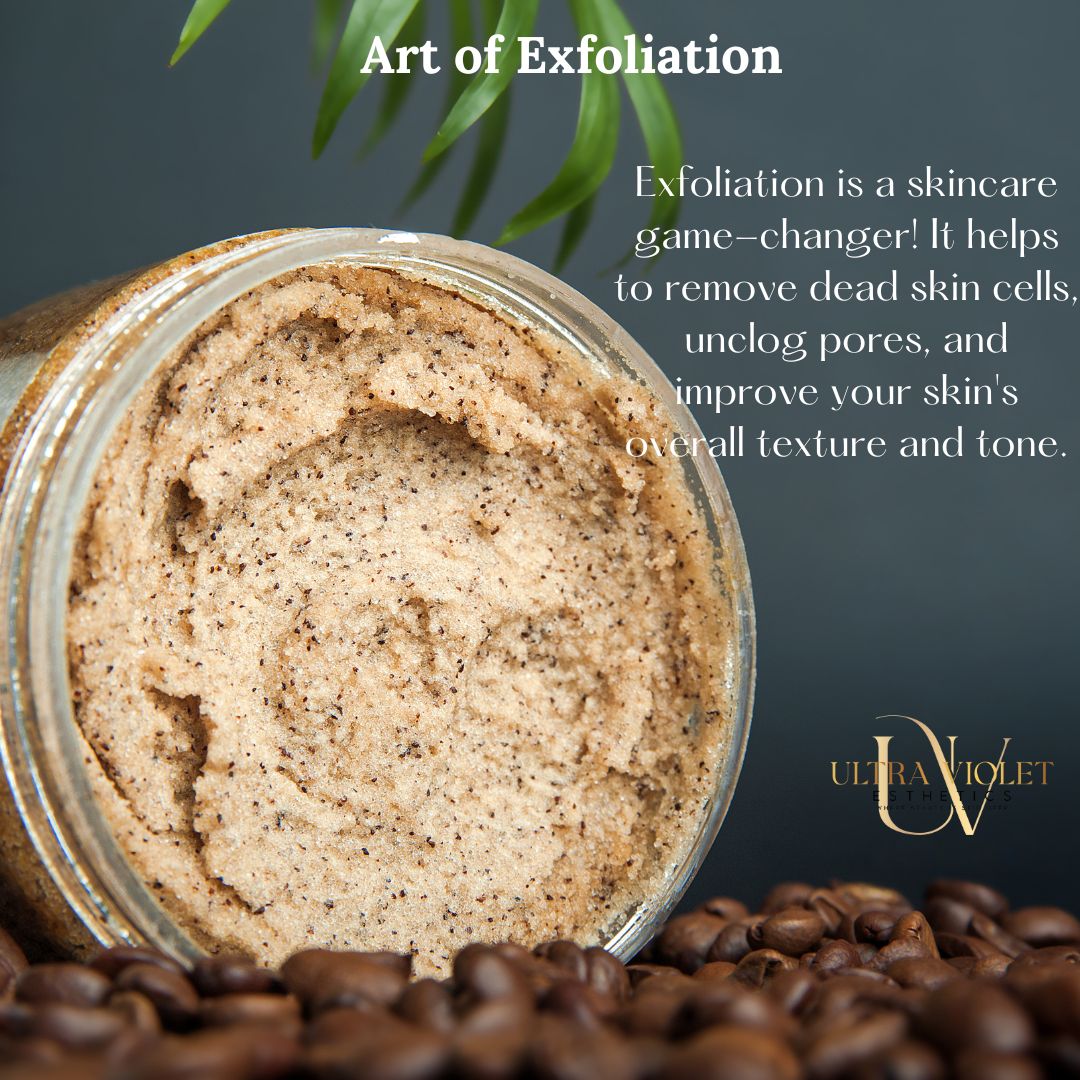
The Art of Exfoliation: How to Reveal Your Best Skin
Introduction
Exfoliation is a skincare game-changer! It helps to remove dead skin cells, unclog pores, and improve your skin's overall texture and tone. However, there's a fine line between effective exfoliation and overdoing it. Let’s dive into the best practices to get that glow without compromising your skin’s health.
1. Know Your Exfoliation Options
There are two main types of exfoliation:
- Physical Exfoliation: Uses scrubs or brushes to manually remove dead skin. Look for products with fine, non-abrasive particles to avoid micro-tears in the skin.
- Chemical Exfoliation: Uses ingredients like AHAs (glycolic or lactic acid) or BHAs (salicylic acid) to dissolve dead skin cells. These are great for a gentle yet effective approach.
2. Choose the Right Exfoliator for Your Skin Type
- Dry or Sensitive Skin: Opt for gentle chemical exfoliants like lactic acid, which hydrates while exfoliating.
- Oily or Acne-Prone Skin: BHAs like salicylic acid are ideal for targeting oil buildup and clogged pores.
- Combination Skin: Alternate between physical and chemical exfoliation to address both dry patches and oily areas.
3. Frequency is Key
Exfoliating too often can weaken your skin barrier, leading to sensitivity and dryness. Stick to the following guidelines:
- Dry/Sensitive Skin: Once a week
- Normal/Combination Skin: 2-3 times a week
- Oily Skin: Up to 3 times a week, depending on tolerance
4. Timing Matters
For best results, exfoliate in the evening. This allows your skin to regenerate overnight. Follow up with a nourishing moisturizer or serum to hydrate and repair your skin.
5. Avoid Mixing Too Many Actives
Using multiple exfoliating products at once can overwhelm your skin. Stick to one exfoliator at a time and avoid combining it with strong actives like retinol or vitamin C on the same day.
6. Listen to Your Skin
If your skin feels tight, red, or irritated after exfoliation, scale back. Healthy skin is all about balance, so adjust your routine based on how your skin reacts.
Conclusion
Exfoliation is an essential step in achieving a radiant complexion, but it’s important to approach it with care. By understanding your skin’s needs and choosing the right method, you can reveal smoother, healthier skin in no time.
